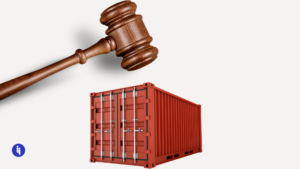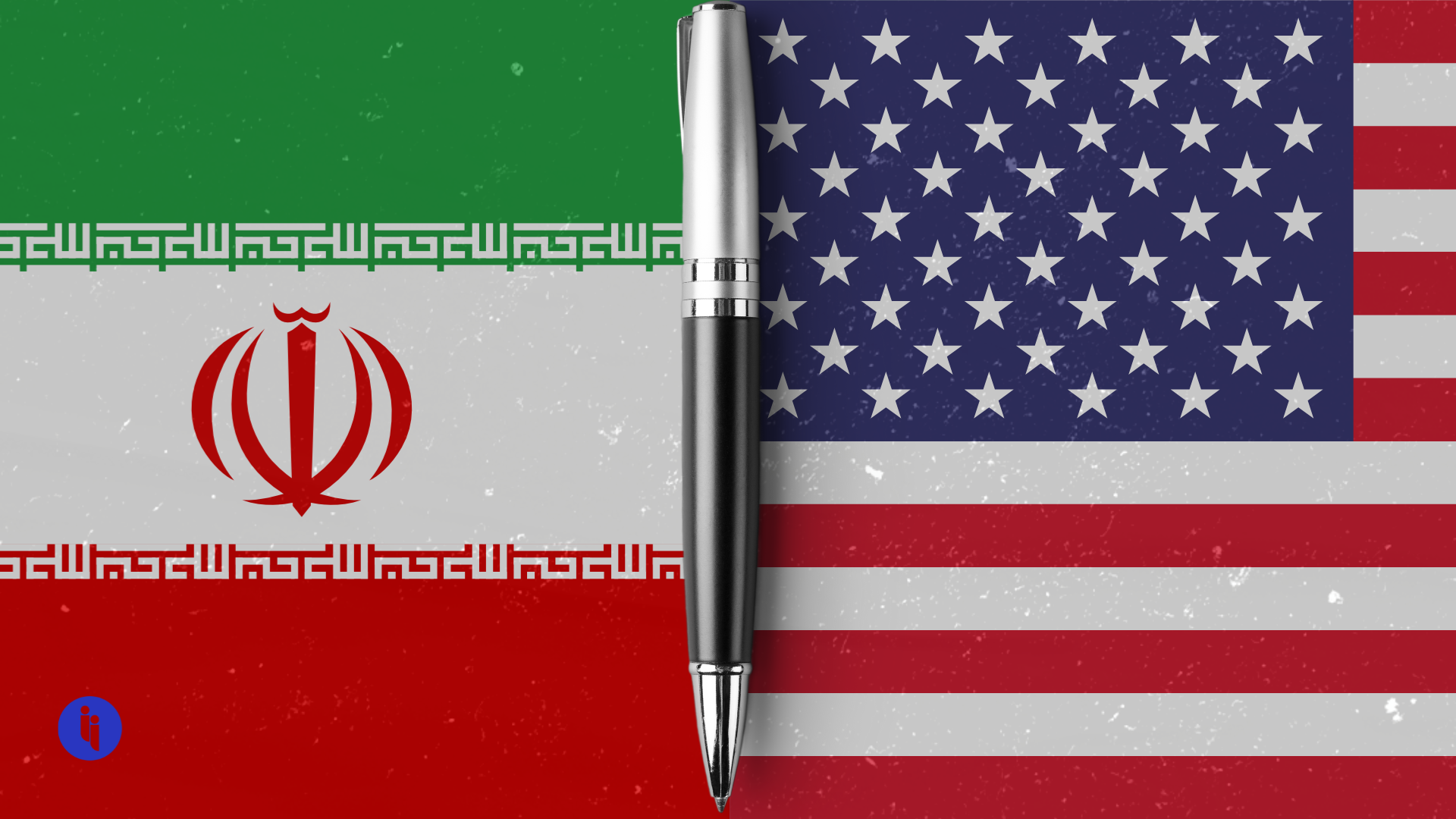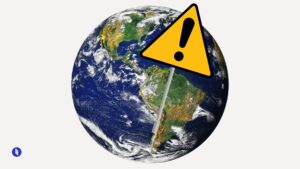Iran’s Supreme Leader, Ayatollah Ali Khamenei, criticized key elements of the latest US nuclear proposal yesterday, questioning why Tehran should become “dependent on others” for its nuclear program when Washington maintains its own nuclear arsenal. His comments come after five rounds of talks that began in April.
If you’re just catching up, here’s what US Special Envoy Steve Witkoff proposed to Iran’s negotiators during last weekend’s fifth round of talks:
- A “regional enrichment consortium” (potentially including Saudi Arabia, UAE, Qatar, and Turkey) to monitor Iran’s uranium enrichment for civilian purposes
- Iran must drop enrichment from the current 60% level to 3% — that’s from one step below weapons-grade to civilian reactor levels
- Iran must shut down its underground enrichment facilities
- And it can only develop nuclear materials for civilian purposes
Iran’s response: At first, Iranian officials seemed open to the consortium idea as long as it was based in Iran and apparently discussed the proposal with neighbouring countries.
Stay on top of your world from inside your inbox.
Subscribe for free today and receive way much more insights.
Trusted by 129,000+ subscribers
No spam. No noise. Unsubscribe any time.
It could be a creative solution to a difficult problem with added long-term upside: instead of Iran enriching uranium alone (which scares everyone) or giving it up entirely (which Iran refuses to do), a regional consortium could help thread the needle and even improve regional cooperation.
But Ayatollah Khamenei didn’t get the memo. When Foreign Minister Araghchi brought the proposal home, Khamenei started firing off critical tweets/x’s asking, among other things, whether he should “disappoint thousands of nuclear scientists… make them unemployed?”
He also called US leaders “rude and insolent” because is it even an Ayatollah rant if it doesn’t include a furious insult?
Here’s what’s at stake for both sides:
- 🇮🇷 Iran needs a deal for urgent economic relief. Sanctions have crushed its economy, power outages are common, and public anger is rising. Plus, there’s a looming October deadline — if no deal has been agreed by then, UN sanctions will automatically snap back, making things even worse.
- 🇺🇸 The US wants a deal because Iran’s 60% enrichment is too close to nuclear weapons capability for comfort. The Trump administration has called it a red line and hopes to get Russia and China on board with keeping Iran non-nuclear. The alternative? Trump’s been clear: military strikes are on the table.
And here’s what’s at stake for the region:
- 🇮🇱 In Israel, dialogue with Iran is viewed with deep suspicion. Hardline Israeli officials would prefer Washington take a ‘maximum pressure’ approach, leaning toward attacking the country before talking. Netanyahu has said publicly that any deal must involve “entering, blowing up the facilities” under American supervision (aka “The Libya Method”).
- 🇸🇦 🇦🇪 In the Gulf, it’s complicated. Saudi Arabia, the UAE, and Qatar all have different relationships with Tehran, but they share one thing: nobody wants a war on their doorstep. Saudi’s defense minister was blunt during his April visit to Tehran—the first by a Saudi royal in decades—telling Iran to take Trump’s offer seriously because the alternative is Israeli attacks that could engulf the whole region.
For now, every country (perhaps excluding Israel) wants to keep talking. Saudi Arabia “fully supports” the talks, Oman is playing mediator, and Trump is proudly announcing that he told Netanyahu not to bomb Iran as it risked derailing the “very good discussions we’re having with them.”
Intrigue’s Take
Pulitzer Prize winner Anne Applebaum warned Intriguers on Monday that the most dangerous times are when leaders’ language turns from policy disagreements to ad-hominem attacks.
The good news right now is that — assuming we ignore the Ayatollah’s Twitter screeds, which we absolutely should — all involved parties appear to be doing the serious work of finding creative solutions to difficult problems in good faith.
Yes, that sentence might come back to bite us in the coming months, but no, we’re not going to change it because we all need a little optimism from time to time.
Sound even smarter:
- Iran’s currently sitting on enough highly enriched uranium for 10 nuclear weapons, according to the latest IAEA report.








